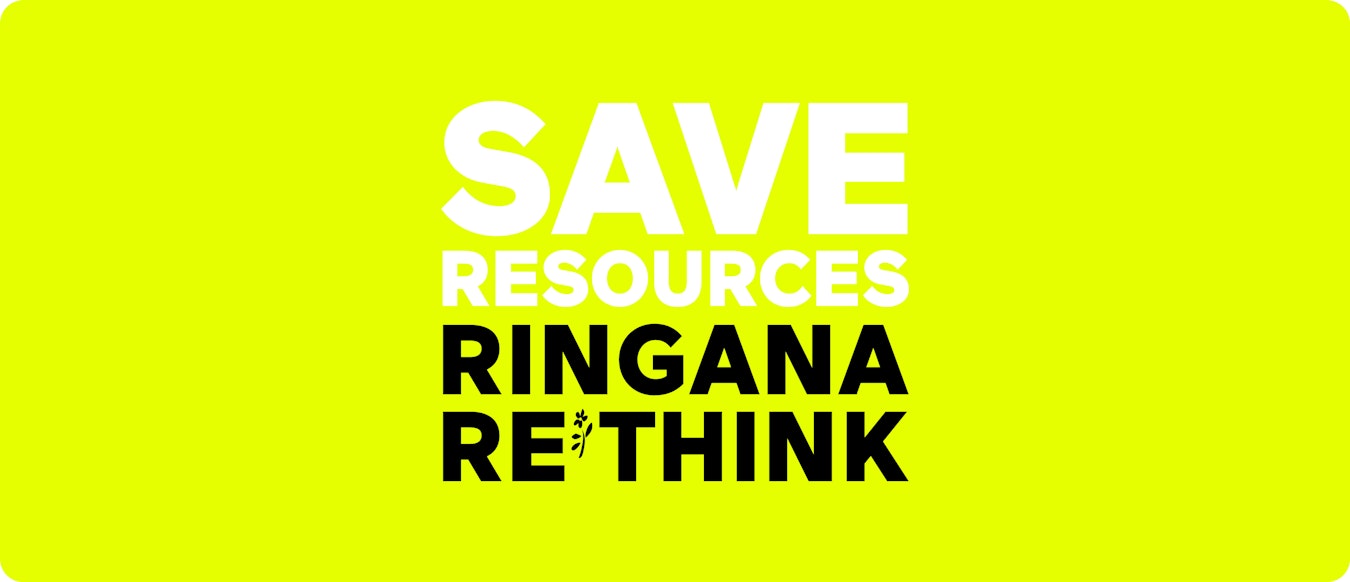We’ve put together a few simple tips and tricks which you can use to make your daily life more aware and more eco-friendly. Small changes with big effects – for you and for our planet!

#1 Quality rather than quantity
This is a principle that’s valuable in every area of life. The idea is: those who live more awarely and consume less can focus on high-quality products. Products that have been manufactured under fair working conditions, and are made sustainably or regionally, often demonstrate higher quality, longevity and health benefits – and they are better for our planet and the people who produce them. So what’s best for you is also best for the environment. It’s worthwhile doing without now and again, so that you can consciously invest in lasting quality!
How can I recognise these products?
There are lots of different labels that indicate products are fair, sustainable and regionally manufactured, which can provide orientation. But be careful! You can’t trust every label. Still not confident in the jungle of different labels? No problem – there are plenty of online guides and apps that can help you to check a label’s credibility.

#2 Travel & holiday sustainably
When it comes to travel, it’s also important to bear the environment in mind. Flying is often seen as particularly harmful to the climate – so it’s wise to avoid flying as much as possible. Europe now has a well-developed rail network, offering an excellent alternative to short-haul flights. However, if a flight is unavoidable, it’s possible to make an extra payment to offset CO₂ emissions. These compensation payments are based on the quantity of CO₂ emitted by the form of transport used (aircraft, train, bus, etc.) and the money goes to climate-friendly projects. Naturally, what is and remains best for the environment is to cycle or travel on foot. 😉
Bio hotels are a sustainable alternative to conventional ones. Certified organic quality is central here – not only in terms of the catering, but in all areas of operation which are completely geared to sustainability.

#3 Reuse & don’t bin it
Every year humanity produces around 400 million tons of plastic waste. Of the over 7 billion (7,000,000,000) tons of plastic waste produced to date, less than 10% has actually been recycled.* There are many ways to protect our environment and reduce waste – or avoid creating it in the first place. One solution which benefits both you and the planet can be summarised with the slogan “Reuse & Recycle”. This is about reusing or recycling things and can be applied in virtually every area of our lives: choosing a reusable cup for your next organic coffee, or using a fabric or string bag for fruit and veg shopping.
Our tip:
Try to use the stuff you buy as often and for as long as possible. By separating your waste correctly and recycling, you can actively extend the lifecycle of products. Reusability also plays a big part when it comes to clothing. Second-hand isn’t just a big trend now, it’s also good for the environment. And since fashion trends repeat themselves constantly, you can hang on to your clothes or sell them and maybe even earn a little extra for yourself as well. 😉

#4 Sustainability in the household
• To finish off, we’ve got a few simple but effective tips for doing some good for the environment at home.
• Wash efficiently: ensure that the washing machine and dishwasher are always fully loaded, and use low washing temperatures wherever possible. That will save both energy and water.
• Eco-friendly washing detergents: use ecological cleaners or traditional ones such as vinegar and baking soda. That way you’re being gentle on the environment and will prevent harmful chemicals from going down the drain.
• Shower instead of bathing: showering uses far less water than a bath. And if you reduce the water temperature a little, you’ll be doing not only your health but also the planet a favour.
• Switch to green electricity: electricity from renewable sources such as water, wind and the sun reduces greenhouse gas emissions enormously, and this is one of the most effective steps you can take towards greater sustainability.
• Avoid standby mode: switch your electrical equipment off completely instead of leaving it in standby mode. That saves electricity and extends the life of your equipment.
• Choose sustainable products: try to buy biodegradable, eco-friendly products. They are better for people and for nature.
Let’s go – together we can make everyday life greener!
*Source: www.unep.org/interactive/beat-plastic-pollution/


 Zur Übersicht
Zur Übersicht